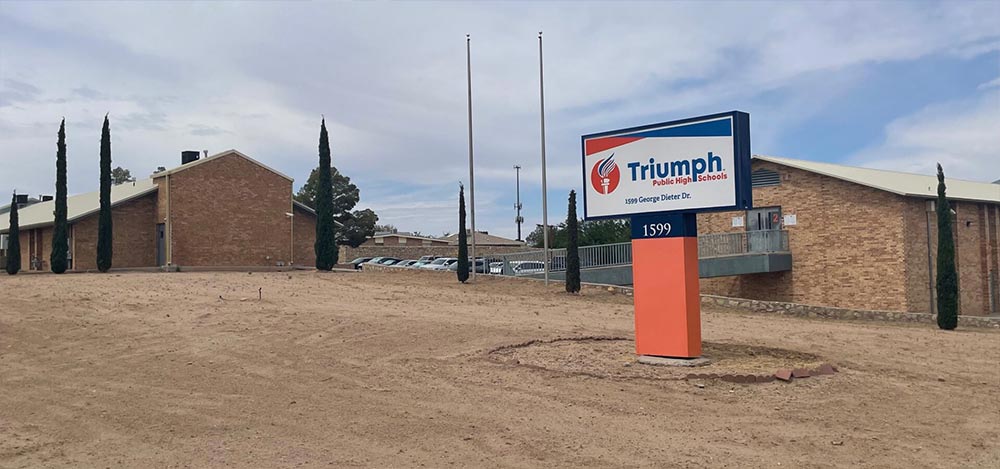Notarial vs. Lawyer Services in Montreal Real Estate: What's Legally Required?
Explore the legal roles of notaries and lawyers in Montreal real estate. Learn what’s required by law and when to choose one over the other for your transaction.

Buying or selling property in Montreal? Chances are you've already stumbled across terms like notary, real estate lawyer, deed of sale, or title search. And if you're feeling slightly confused about who exactly you need in your corner during a real estate transaction—you're not alone. It's a common puzzle. Do you go with a notary? Or do you call a real estate lawyer in downtown Montreal?
Well, it’s not just about preference—it’s about legal requirements, local practices, and the complexity of your deal. Let’s break it down in plain language, no legal jargon needed.
Notaries in Quebec: The Default Players
In Quebec, the notary plays a central role in most residential real estate deals. It’s not just tradition—it’s the law. Unlike in other provinces where lawyers typically manage the legal side of property transactions, Quebec’s Civil Code mandates the involvement of a notaire.
So what does a notary actually do? Think of them as legal referees. They don’t represent the buyer or the seller, but they do ensure that all legal aspects of the sale are completed correctly and fairly. A notary prepares the deed of sale, conducts the title search, handles the disbursements, registers the property with the land registry, and ensures all taxes and fees are squared away.
In simpler cases—say, you're buying a condo with no co-ownership disputes or weird clauses in the contract—a notary might be all you need.
But Wait—Where Does a Real Estate Lawyer Fit In?
Here’s where things get interesting. While a notary is required for executing the actual sale, a real estate lawyer in downtown Montreal might still be your best bet in more complex or contentious situations.
Let’s say you're:
- Buying a commercial property.
- Dealing with zoning or title issues.
- Contesting a co-ownership agreement.
- Inheriting property through succession.
- Facing a boundary dispute or construction defect.
In these cases, you need legal advice, not just paperwork. And that’s a key distinction: notaries in Quebec don’t offer legal counsel in the same way lawyers do. A lawyer can negotiate on your behalf, spot problematic clauses in contracts, and even represent you in court if it ever comes to that (knock on wood).
Think of it this way: if a notary ensures everything is filed correctly, a lawyer ensures everything is written and agreed upon in your best interest.
The Hidden Risks of Going It Alone
Some buyers skip legal advice to save a few hundred bucks—big mistake. A rushed review of a promise to purchase or a missed easement clause can lead to years of headaches (and expenses).
That’s where consulting a firm like the best law firm in Montreal can be a game changer. You get the legal foresight to catch potential pitfalls before they turn into real-world problems. When you’re investing hundreds of thousands—sometimes millions—in real estate, professional legal review isn’t a luxury. It’s peace of mind.
So… Do You Need Both?
Honestly? Sometimes, yes. Here's a common scenario:
You hire a lawyer to review your offer to purchase, negotiate terms, or settle a dispute with the seller. Once everything's sorted, the transaction is handed off to a notary for official execution and registration.
It’s a smart one-two punch. The lawyer covers your interests; the notary wraps up the formalities.
Choosing Wisely: Lawyer vs. Notary for Your Deal
Ask yourself: is this a straightforward transaction, or are there red flags? Have I read every line of my purchase agreement? Do I really understand the risks?
If there’s even a sliver of uncertainty, it’s worth reaching out to a real estate lawyer in downtown Montreal. Local legal experts can offer insight that Google searches and well-meaning advice from friends just can’t match.
And when stakes are high, working with the best law firm in Montreal ensures you’re not just compliant—but protected.
Final Thoughts: Don’t Leave It to Chance
Real estate in Montreal isn’t quite like the rest of Canada. The Civil Code, the notary system, and the unique blend of French and English legal culture make it... well, special. And sometimes tricky.
Notaries are essential for sealing the deal—but they aren’t substitutes for lawyers when legal advice is needed.
So if you're navigating a high-stakes transaction or anything outside the vanilla “buy-and-sign” process, make sure you’ve got the right people by your side. After all, it’s not just about closing—it’s about protecting your investment.
And that’s worth every penny.
What's Your Reaction?
 Like
0
Like
0
 Dislike
0
Dislike
0
 Love
0
Love
0
 Funny
0
Funny
0
 Angry
0
Angry
0
 Sad
0
Sad
0
 Wow
0
Wow
0

















































